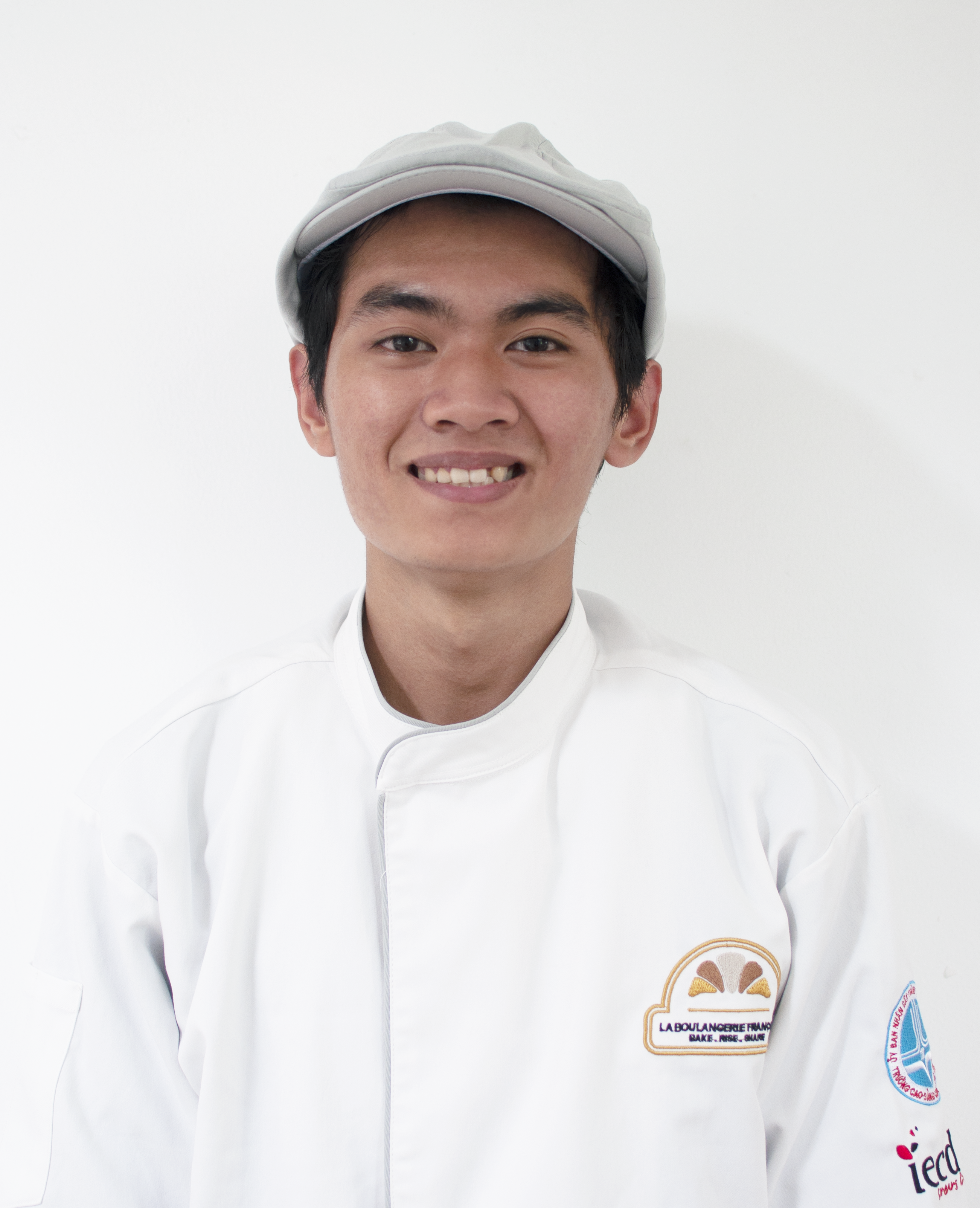
Sexual exploitation of children in the context of domestic and foreign travel happens when child sex offenders take advantage of travel and tourism services and infrastructure to facilitate their crimes. It is a global issue and affects not only the victims but also the travel and tourism industry where these crimes take place. However, workers in the industry can play their part to prevent such crimes and ensure the resilience and sustainability of the industry.
That’s why the Association of Southeast Asian Social Enterprises for Training in Hospitality & Catering (ASSET-H&C), a network of hospitality and catering vocational schools for vulnerable youths, partnered with ECPAT International and The Code to help students develop the skills and knowledge to tackle the issue! In this process, five vocational schools took a pledge on #ProtectingChildrenInTourism to create awareness among their teams, students and partners.

“Taking action to identify crimes of child sexual exploitation will help my future workplace gain credibility towards the authority and the people”.
Ms. Thu, student (Class 6)
Ms. Thu, student (Class 6)
After graduating, I will become a baker and will work in the catering, hospitality, tourism and travel industries. Among the customers using the service, some might be traveling with children who are victims of trafficking and sexual exploitation.It’s important for me to be aware of this problem, know how to identify and report this to my managers and law enforcement to protect children from consequences that may affect their lives.
Besides, customers nowadays have many choices and carefully choose their destinations. A hotel or facility that would ignore or, worse, facilitate such activities will lose credibility and customers.Taking action to identify crimes of child sexual exploitation will help my future workplace gain credibility towards the authority and the people, improve our reputation and gain more trust from customers.
If the place I work for has many customers and does a good business, my job will also be more stable and I will have more chances to grow steadily in my career.My knowledge about the issue of sexual exploitation of children can be beneficial in my future job interview, if the recruiter would ask some questions about how to handle situations related to child protection. I am confident that I already have the answers they are looking for.
This will bring me better chances to work in reputable and responsible hotels, restaurants, and resorts.
“Now I know how to handle and report potential situations of sexual exploitation of children to managers, and authorities or apply the internal procedures to combat sexual exploitation of children”.
Mr. Hoang, Student (Class 6)

Mr. Hoang, Student (Class 6)
I will raise my co-workers’ awareness about sexual exploitation of children: how to identify potential risks to keep a close watch in our daily job and promptly report to management and authorities for timely prevention.
For example, if I see a child with an adult entering a hotel/motel but the adult can neither present the child’s documents nor answer some questions about the relationship with the child, I will know that the child may be at risk. I will ask more questions. It is necessary to find a way to keep that person at the place and gather more information to report to management level, or police. Another example I can think of is when I see disadvantaged children, such as children that sell lottery tickets or polish shoes to earn money, at restaurants, hotels, motels. I will talk to them to learn more. Children living in hardship will bear higher risks of being approached, exploited and abused by offenders.
Now I know how to handle and report potential situations of sexual exploitation of children to managers, and authorities or apply the internal procedures to combat sexual exploitation of children according to company policies – and at the same time avoid risks and dangers for the children as well as myself. I will also share with my family members and my community that they should teach their children about personal boundaries and body parts that cannot be touched by others, and how to prevent sexual abuse, including from the people in the circle of trust. In the future, if possible, I will participate in helping disadvantaged children to stay safe. I will teach them how to protect themselves from risk of sexual abuse and exploitation.

“Students realized that they are one of the key actors to prevent sexual exploitation of children in their future roles as workers of the travel and tourism industry”.
Ms Quyen – Pedagogy Coordinator & Life Skill Trainer
Ms Quyen – Pedagogy Coordinator & Life Skill Trainer
Well aware that sexual exploitation of children is a crime that leaves serious consequences on the victim’s physical and mental health, as well as their family, their community, tourism industry and society, I feel I have a responsibility to share this content with more people and most importantly, my students.
I use the teaching manual provided by ASSET H&C, ECPAT International and The Code to share with the students of La Boulangerie Française – HCMC. Since this is an important topic and it is necessary to build students’ awareness of their roles and responsibilities in combating sexual exploitation of children, I have taught them “slowly but carefully”.
The teaching manual includes three modules, which I divided into three direct two-hours teaching sessions, because of the COVID-19 outbreak in Ho Chi Minh City, Modules 2 and 3 were delivered online.
MODULE 1: The sexual exploitation of children in travel and tourism: basic concepts
MODULE 2: The sexual exploitation of children in travel and tourism in the world and in South-East Asia
MODULE 3: Combating the sexual exploitation of children in travel and tourism
In each section, I conveyed the information by organizing activities such as watching video clips and then answering questions, group discussions, solving situations or answering guided questions. This approach allows my students to think and give their opinions before they are provided with knowledge.This approach allows my students to think and give their opinions before they are provided with knowledge.
Before starting a new Module, I always gave them reflection questions about their perception of the sexual exploitation of children such as: “Please write down your opinion”, or “What is your role in combating sexual exploitation of children” so that they had the opportunity to look back and realize their roles and responsibilities.
The students’ answers to the questions after the end of the training showed that they fully understand that sexual exploitation of children is a widespread crime and every day there are still a lot of children who fall victims of this crime around the world. In addition, our students have learned the process of reporting suspicious cases and attending children before the arrival of relevant authorities, when they face either suspected or certain cases of sexual exploitation at work as well as in daily life.
Most importantly, they realize that they are one of the key actors to prevent sexual exploitation of children in their future roles as workers of the travel and tourism industry.Personally, as a Life Skill trainer, upon realizing that combating the sexual exploitation of children is an essential skill for my students that can be extended further, I tried to liaise with NGOs in Vietnam such as Pacific Link, Alliance Anti Traffic Vietnam to organize more training sessions on “Prevention of human trafficking and safe migration” to convey information and build more determination from the part of my students to keep themselves and vulnerable groups of children safe from being exploited.
In addition, I am working with our local partner – Thu Duc College of Technology – to extend this training to students of their Faculty of Tourism, spreading more knowledge on sexual exploitation of children and build a sense of responsibility in these future tourism workers.
